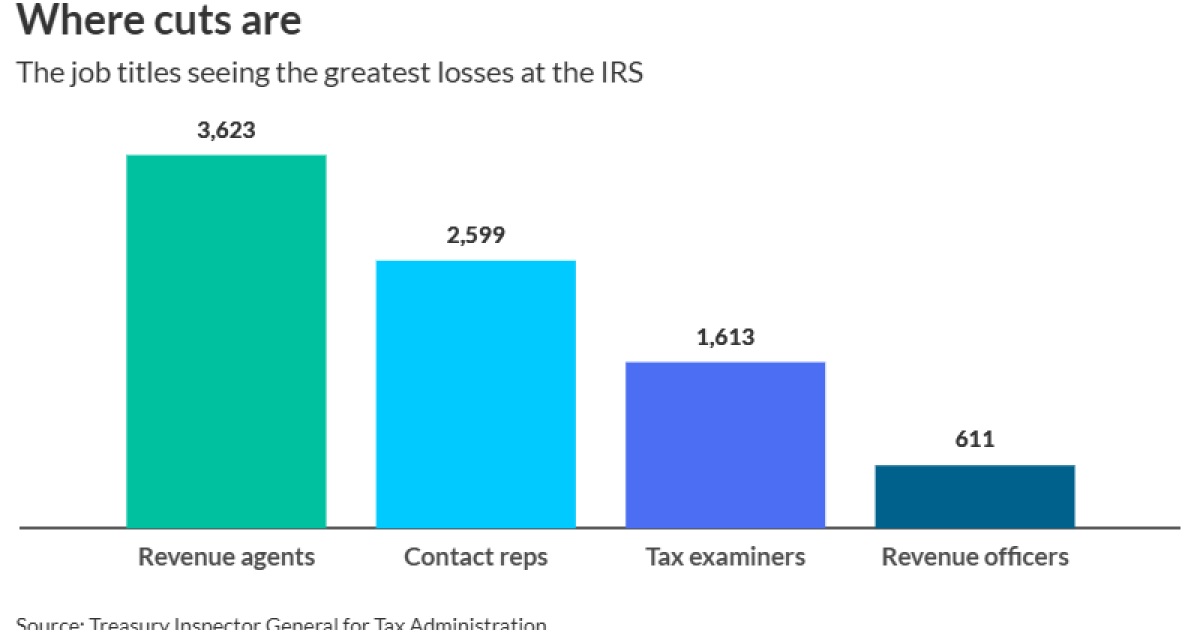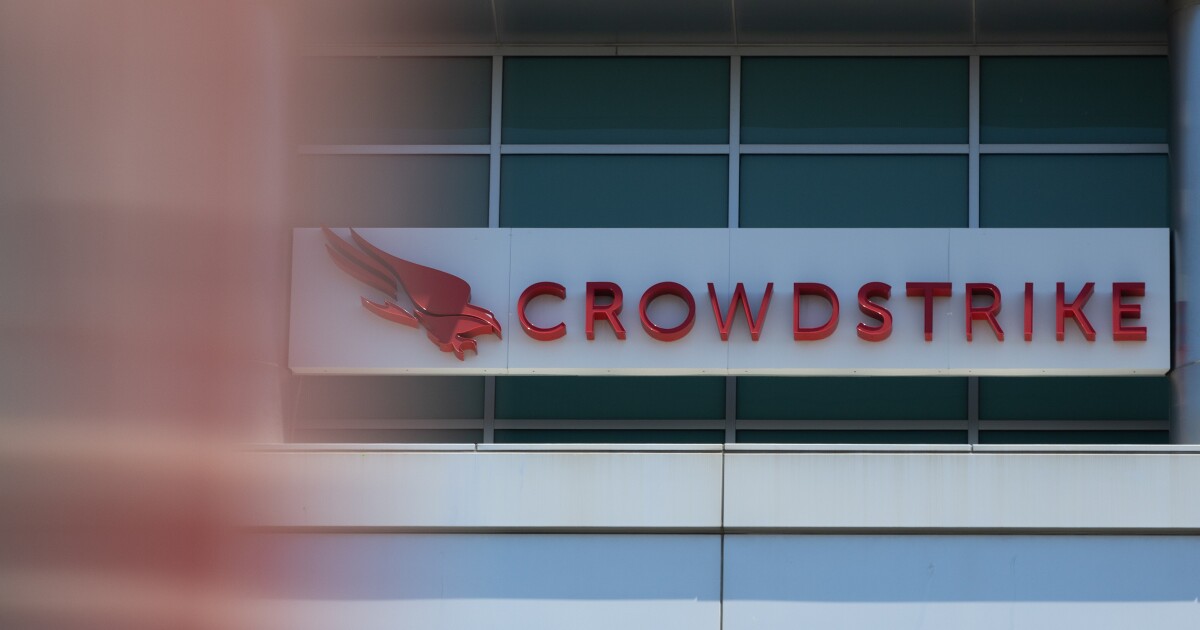Right now, every conversation about technology seems to revolve around artificial intelligence. However, AI is a broad category — it includes machine learning, robotic process automation, and workflow automation tools, all of which promise efficiency gains for accounting firms.
Despite this, many firm leaders struggle to quantify the value of these technologies. How do you determine whether AI, automation, or any emerging tool is worth the investment? The answer isn’t as complicated as it seems.
It’s less about the technology itself and more about how we value our time. If you understand the value of time within your firm, you can easily assess whether automation delivers a meaningful return on investment.
At Boomer Consulting, we gather and analyze key financial and operational metrics from our member firms, which include many of the Top 50 and Top 100 Firms from around the country. One of the most critical data points? The value of time.
On average, time in most firms is worth about $242 per hour per professional. That means 10 minutes is worth roughly $40, and one hour saved per week translates to $12,584 per year per person.
This is the simplest way to measure ROI for automation tools. If a solution saves even a few minutes per day per person, the financial return is undeniable.
An ROI example
Let’s look at a pretty typical example. Microsoft CoPilot is an AI-powered assistant for Office 365 applications. Its price tag is around $30 per user per month ($360 per year). That may seem like just another software expense. But let’s quantify the value.
As anyone who’s played around with CoPilot can attest, time savings are not hard to achieve. Its efficiency gains come from small but meaningful enhancements in everyday workflows. For example, it can auto-generate and suggest improvements to text in Word. It analyzes data, creates PivotTables and identifies trends in Excel spreadsheets. In Outlook, CoPilot can draft emails, summarize threads, and extract unanswered questions. It creates slides from Word docs and Excel data for your PowerPoint presentations and adjusts formatting.
How much could you save each day with that kind of help? One hour? Two or three hours?
If CoPilot saves each person in your firm just 10 minutes per day:
- The daily savings per person is $40 (10 minutes at $240/hour)
- The annual savings per person equal $10,400 ($40 x 260 workdays).
- For a 150-person firm, that adds up to $1.56 million in potential savings.
- Less the cost of licenses ($54,000), the net benefit is $1.5 million.
In other words, CoPilot breaks even if it saves just 10 minutes per month. That’s an incredibly low threshold for such a high return.
Applying this mindset to other automation investments
The same analysis applies across audit, tax, and advisory functions.
For example, say you’re evaluating an AI-powered audit tool that costs $50,000 annually and reduces audit time by 10%. If your firm performs 50 audits per year and each audit consumes 200 hours, that’s 1,000 hours saved annually.
At $242 per hour, those 1,000 saved hours are worth $242,000. That’s a profitable investment.
The key to evaluating any automation investment is asking two questions:
- How much time does it save?
- How will we reinvest that time into higher-value activities?
If automation allows your team to shift from compliance work to higher-margin advisory services, the ROI extends beyond just cost savings — it directly fuels firm growth.
The biggest risk is not automating at all
Some firm leaders hesitate to invest in AI and automation because it feels expensive upfront. But the real risk isn’t overspending; it’s failing to capitalize on time savings.
Firms that optimize efficiency through automation can increase capacity without increasing headcount, free up time for more strategic, revenue-generating work, reduce burnout and improve employee retention.
Your competitors are exploring how they can leverage AI and automation in their firms. Firms that don’t automate will struggle to remain profitable. The ROI of automation isn’t theoretical — it’s measurable, significant and essential for long-term success.
So the only question is, what’s stopping you?


 Economics1 week ago
Economics1 week ago
 Accounting1 week ago
Accounting1 week ago
 Blog Post5 days ago
Blog Post5 days ago
 Economics1 week ago
Economics1 week ago
 Personal Finance1 week ago
Personal Finance1 week ago
 Economics6 days ago
Economics6 days ago
 Personal Finance1 week ago
Personal Finance1 week ago
 Finance1 week ago
Finance1 week ago











